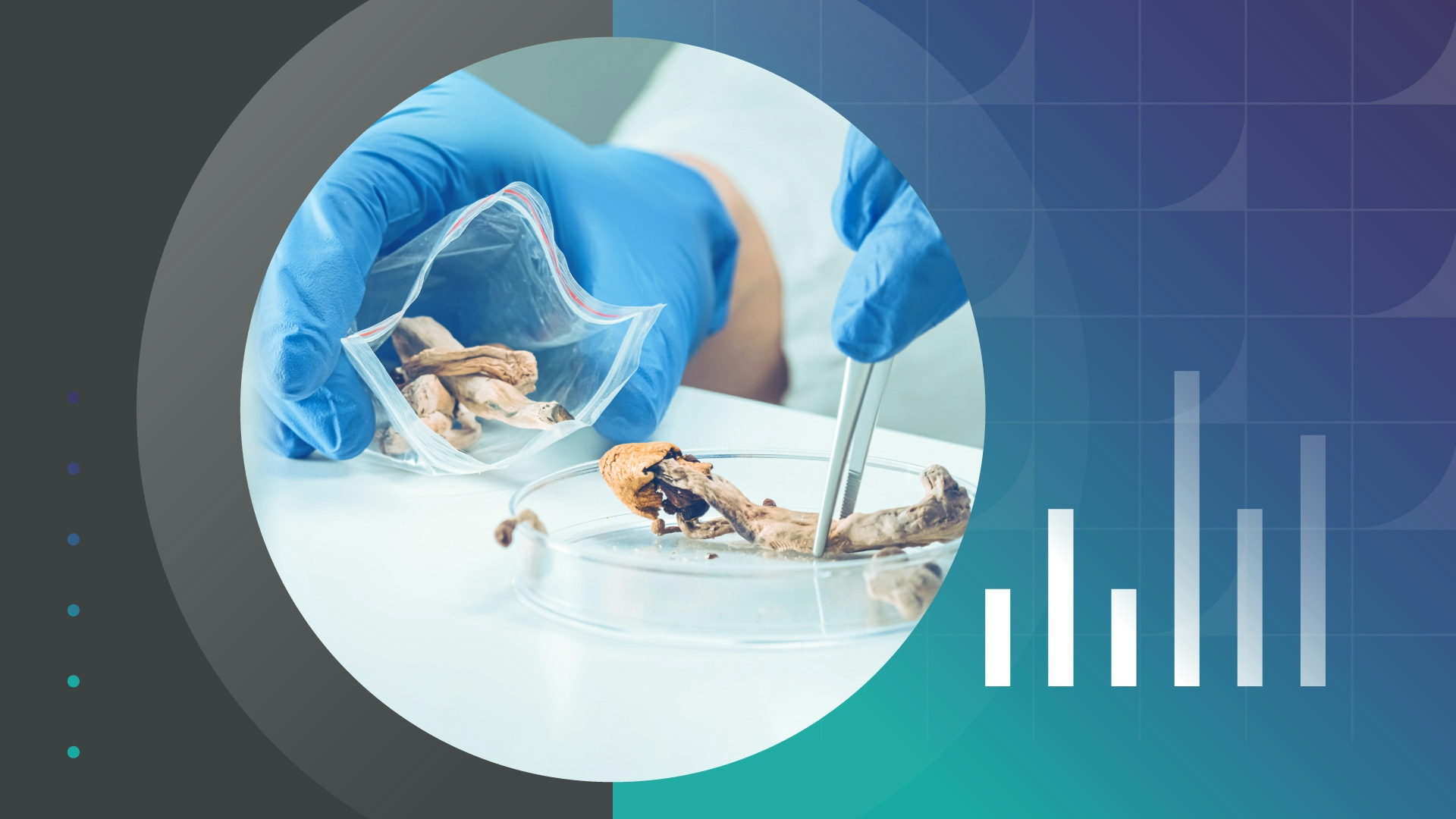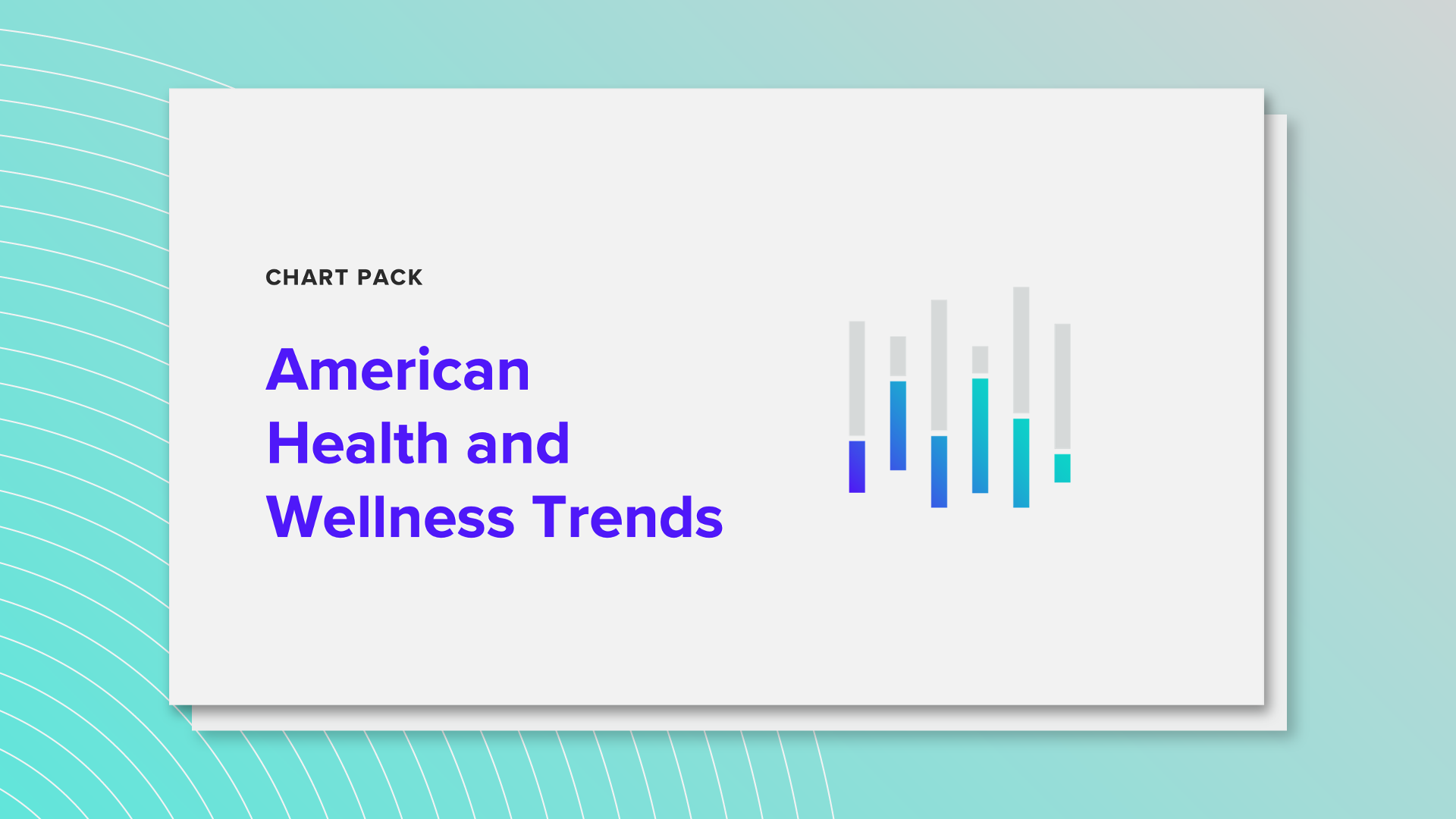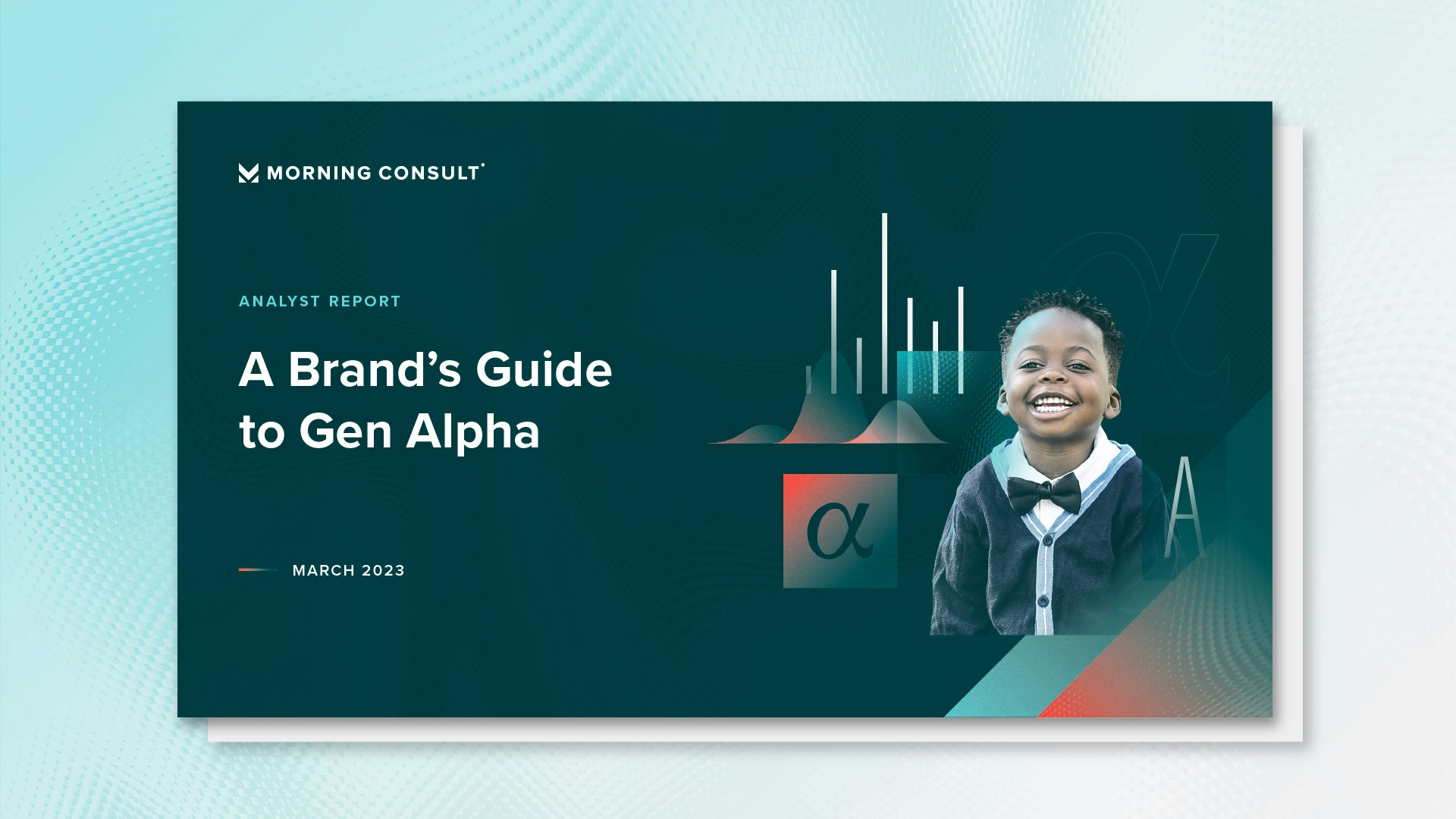U.S. Adults, Especially Millennials, Are Interested in Psychedelics as Mental Health Treatment

Key Takeaways
1 in 3 U.S. adults are interested in trying psychedelics to treat their mental health issues, compared with 59% who said they are not interested in trying them.
More than half of millennials surveyed said they were interested in trying psychedelics to treat their mental health, the most of any generational demographic, while 70% of baby boomers said they were “not interested at all.”
The federal government and medical community have recently become more accepting of psychedelics as a beneficial treatment for patients after decades of limited research and stigma attached to the drugs.
For our latest health care data and analysis, sign up for our daily health news briefing.
After decades of limited research, there has been an increase in studies that explore whether psychedelic drugs like LSD or MDMA, commonly known as ecstasy, can help people who struggle with mental health illnesses.
Last week, new phase 3 trial results were published in the scientific journal Nature Medicine that found that MDMA-assisted therapy was effective at reducing the symptoms of post-traumatic stress disorder. MAPS Public Benefit Corp., a company that develops prescription psychedelics, said it would submit the trial results to the Food and Drug Administration for approval later this year, a significant step in what has been a long and complicated journey for the drugs to be considered legitimate mental health treatments.
Now that governments and researchers are becoming more accepting of the idea of psychedelics as treatments, a key factor will be whether patients are willing to try them.
A new Morning Consult survey found consumers’ interest is piqued in this new treatment option: 1 in 3 U.S. adults said they are interested in trying psychedelics to treat their mental health issues. However, there is a stark generational divide among those who are interested, with millennials expressing the most curiosity.
Millennials Are More Likely to Say They’re Interested in Trying Psychedelics to Treat Mental Health Issues Than Other Generations
Consumers are willing to try new psychedelic treatments after research into the area has been limited for decades. The federal government and medical community have recently been more accepting of testing these drugs as treatment options for certain mental health conditions, typically in combination with therapy.
For example, the FDA issued its first draft guidance for clinical trials that use psychedelic drugs in June, and the Department of Veterans Affairs released study results in October 2022 that found that MDMA in combination with psychotherapy may improve PTSD symptoms and that psilocybin, the naturally occurring compound in “magic mushrooms,” combined with therapy may reduce depressive symptoms, among other findings.
Medical schools are also studying whether psilocybin can be an effective treatment for major depressive disorder and other mental illnesses. However, there are still questions about the efficacy of certain treatments, such as whether the drugs are actually benefiting patients or whether there is a placebo effect that is influencing trial results.
While there has been stigma and criminality attached to many of these drugs for 50 or 60 years — which could explain the dramatic generational difference in interest — the reality of psychedelics as a legitimate treatment option is gaining momentum.
The public is more likely to back other measures to increase mental health care than research into psychedelics
Psychedelics are becoming more accepted at a time when the stigma of treating mental health conditions with traditional treatments is still affecting patients and even keeping some from getting therapy or other services that they desperately need.
More work needs to be done to remove barriers in the health system that are keeping people from getting care and burdening those who do.
Among U.S. adults, 55% said the federal government should prioritize research into the effectiveness of psychedelics for mental health conditions, while nearly 1 in 3 said they do not think the federal government should prioritize this research.
Specific demographics at scale: Surveying thousands of consumers around the world every day powers our ability to examine and analyze perceptions and habits of more specific demographics at scale, like those featured here.
Why it matters: Leaders need a better understanding of their audiences when making key decisions. Our comprehensive approach to understanding audience profiles complements the “who” of demographics and the “what” of behavioral data with critical insights and analysis on the “why.”
While the majority said research into psychedelics should be prioritized, there were multiple other measures that address mental health treatments and access that the public thinks should receive more attention. At least 3 in 4 adults said the federal government should prioritize other strategies, such as measures that would reduce the cost of mental health services, expand insurance coverage and research the causes and impact of mental illness.
Americans Say Cutting Costs, Expanding Insurance Coverage for Mental Health Care Should Be Prioritized Over Psychedelics Research
While there are generational differences among those who would try psychedelics to treat their mental health, there is still a meaningful number of people who are interested, implying that the medical community and federal government should continue to do more research into the use of the drugs as quality treatment options.
Ricky Zipp previously worked at Morning Consult as a health care analyst on the Industry Intelligence team.


